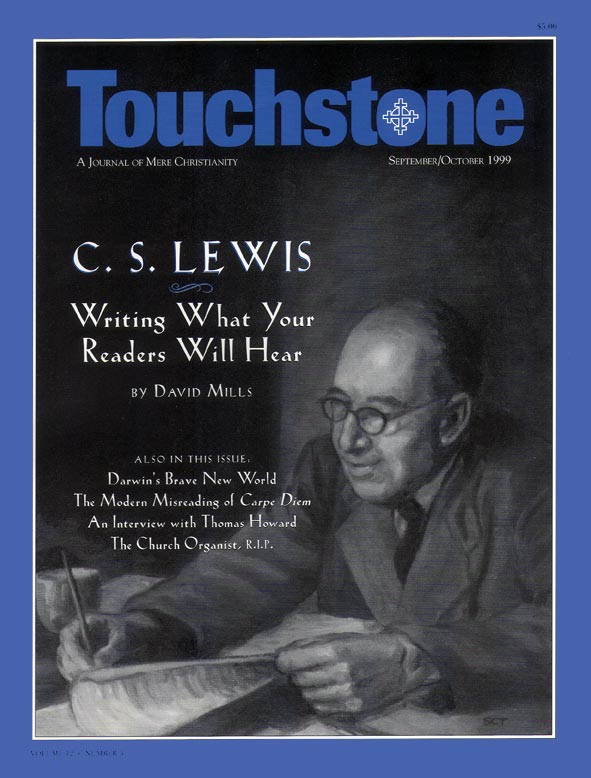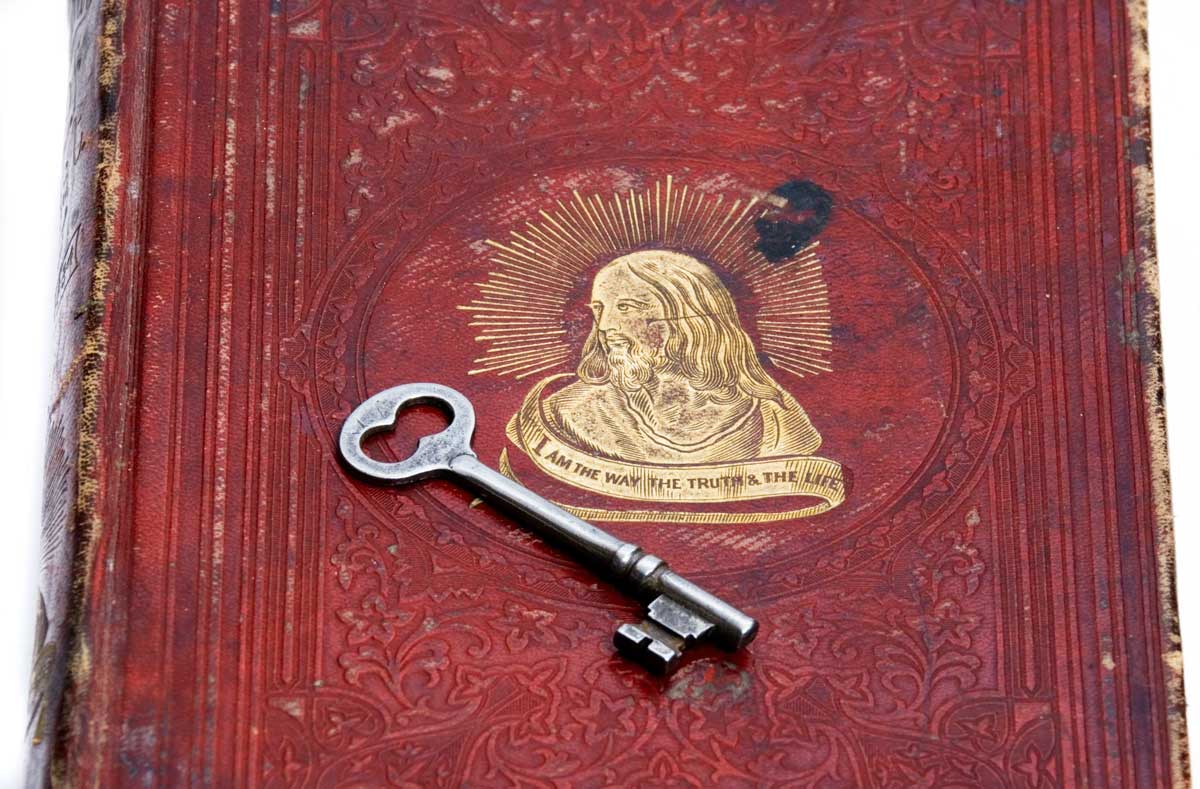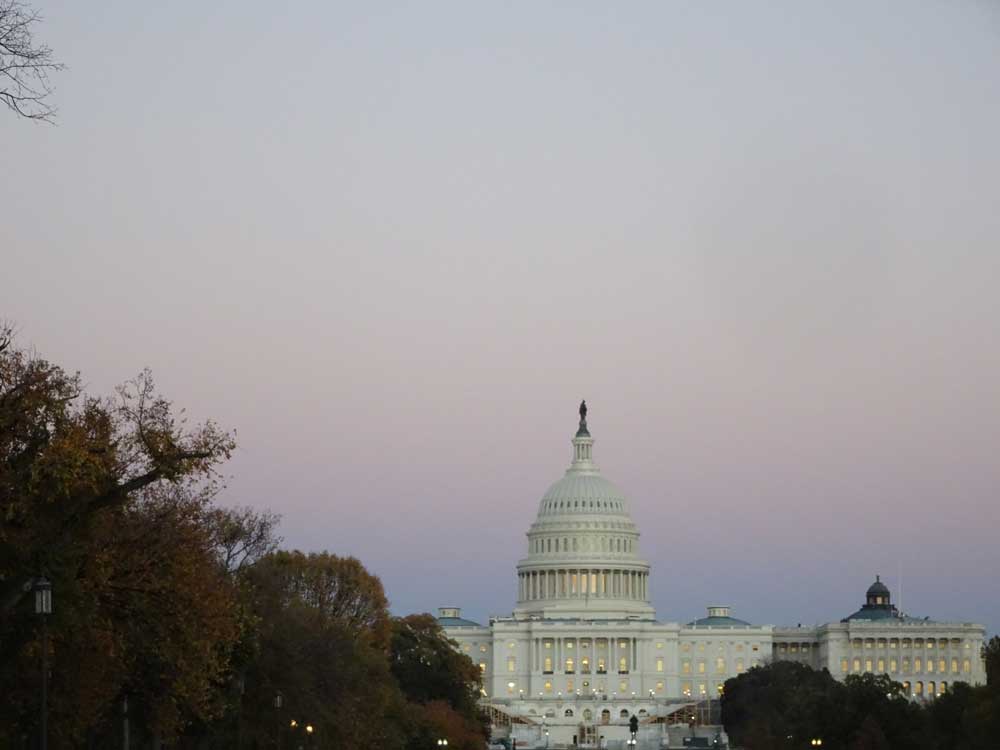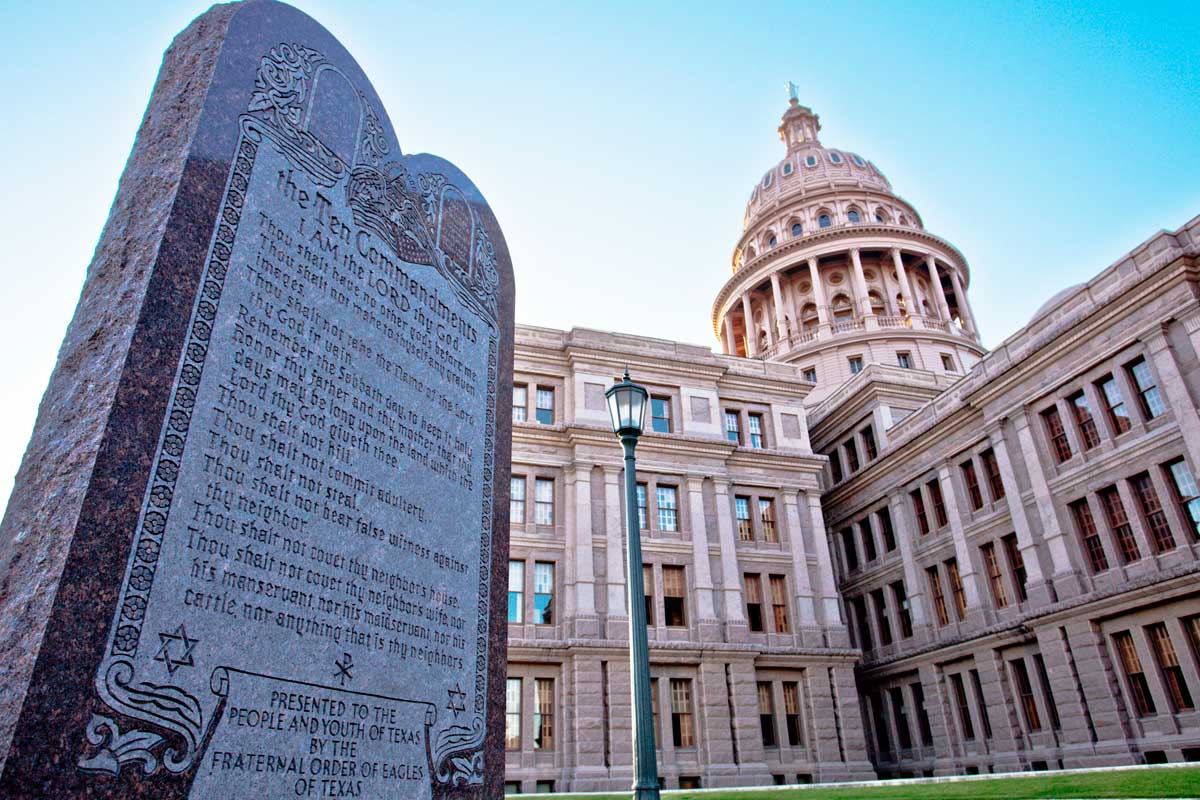The Thames & the Tiber
The Roman Option: Crisis and the Realignment of English-Speaking Christianity
by William Oddie
London: HarperCollins Publishers, 1997
(256 pages; £16.99 [= c. $28.50], cloth)
reviewed by William J. Tighe
On November 11, 1992, the General Synod of the Church of England decided, by a margin of two votes in its House of Laity, to approve a bill to open its priesthood to women. This book is essentially an account of the consequences of that decision for the Church of England—in particular, its now declining and divided Anglo-Catholic party—and for the Roman Catholic Church in England. In consequence of the decision, the Roman Catholic Church was (and still is, says the author) faced with the possibility of a mass influx of alienated and disenchanted Anglo-Catholics. The central focus of the book is on the obscure interactions of a triangle consisting of disaffected Anglicans, the English Catholic episcopate, and the Vatican. This exchange took place between November 1992 and a meeting of the English Catholic bishops in April 1993. The Catholic hierarchy at that point endorsed a disappointingly meager and ungenerous set of provisions for English Anglicans who wanted to enter the Catholic Church and at the same time preserve as much of their “worthy patrimony” as possible.
Although his book focuses on events in Great Britain, Oddie also describes the emergence of the “Pastoral Provision” for American Episcopalians wishing to become Catholics by group or by congregational conversion in the early 1980s, after the admission of women to the priesthood of the Episcopal Church in 1977. Although less accommodating to these Episcopalians than they desired, the American Roman Catholic bishops proved far more generous in the 1980s than their English counterparts were in 1993.
The author, trained as an English Literature scholar, turned from agnosticism to Anglican Christianity in adulthood, and was ordained to the priesthood in the Church of England. As a priest-librarian of Pusey House, the well-known Anglo-Catholic Oxford theological library and think tank, he wrote hard-hitting books and articles on the corrosive effects of feminist thought on orthodox Christianity (What Will Happen to God? Feminism and the Reconstruction of Christian Belief, 1984) and the ongoing self-destruction of “First World” Anglicanism over the past several decades (The Crockford’s File: Gareth Bennett and the Death of the Anglican Mind, 1989). In 1991, a year before the climactic November 1992 vote, Oddie became a Roman Catholic. He has since lived as a layman and religious affairs journalist; he is now editor of the Catholic Herald. His past as an Anglican clergyman and his present Catholic lay status have enabled him to speak with expertise and candor about the Anglican and Roman Catholic Churches in the English-speaking world.
The “Liberal Protestant Ascendancy”
For the Church of England, the most significant consequence of the November 1992 decision is that, according to Oddie, it is “now indisputably and irreversibly in the hands of a liberal Protestant ascendancy.” Looming in the future are bitter battles over the attempts of a powerful homosexual lobby, the Lesbian and Gay Christian Movement (LGCM), to win approval for same-sex partnerships as an acceptable Christian lifestyle for both clergy and laity. Oddie suggests that 20 percent of the membership of the current General Synod are hard-core supporters of the LGCM’s goals, with another 20 percent as sympathizers. Among the more notable supporters of such revisionist Christianity are the so-called affirming Catholics, an Anglo-Catholic group that includes the bishop of Edinburgh, Richard Holloway, and the Welsh Anglican bishop of Monmouth, Rowan Williams.
There is also the matter of women and the episcopate. To ease the passage of the measure allowing for the ordination of women to the priesthood, the female episcopate was specifically excluded. This was a purely tactical device to give an appearance of provisionality to the female presbyterate, but now, for that very reason, to be withdrawn with all convenient speed. In Oddie’s view, the inevitable ordination of women bishops is only retarded by the reluctance of the Church of England’s episcopate to acknowledge the fundamental “liberal Protestant shift” in the nature of Anglicanism, and hence to facilitate the amicable departure of those within its bosom unalterably opposed to this development.
Archbishop Carey’s “Moral Absolutes”
At this point George Carey, the archbishop of Canterbury, emerges unexpectedly as one of the protagonists of the book. True, he was an assiduous promoter of the ordination of women. In the aftermath of the vote he was so far from comprehending the principled basis of the opponents’ beliefs that he could urge them “to work with [women clergy] and support their ministry.” But he is, in Oddie’s words, “very firmly against moral relativism, and . . . prepared to take his stand in defense of moral absolutes.” If he can resist the endeavors of the Anglican liberal establishment to undermine him, he could fulfill a historic vocation: “the long overdue work of uniting in one fold, not only the emerging tradition of a New Anglicanism but the whole English Protestant tradition.”
It is an attractive picture, but it begins to dissipate when one considers the nature of the “moral absolutes” that Carey is prepared to uphold. Generally speaking, they are those that old-fashioned secular moralists would endorse, and not those on which the Christian ethic most acutely contradicts the prevenient culture. He is generally adverse, it seems, to the accelerating trend among liberal Protestants to endorse homosexual genital activity, whether “monogamous” or not. He has not, however, forthrightly proclaimed his conviction in season and out. He did clearly state his aversion to it in 1996 at the Episcopal Church’s Virginia Theological Seminary, shortly after that institution effectively endorsed same-sex cohabitation by its students, but he effectively hid his light under a bushel when he came to address the General Convention of the Episcopal Church in Philadelphia in July 1997. He did, however, openly support the conservatives at Lambeth in 1998 on this issue.
William J. Tighe was Professor of History at Muhlenberg College in Allentown, Pennsylvania, until his retirement in 2024. He is a member of St. Josaphat Ukrainian Catholic Church in Bethlehem, Pennsylvania.He is a senior editor for Touchstone.
subscription options
Order
Print/Online Subscription

Get six issues (one year) of Touchstone PLUS full online access including pdf downloads for only $39.95. That's only $3.34 per month!
Order
Online Only
Subscription

Get a one-year full-access subscription to the Touchstone online archives for only $19.95. That's only $1.66 per month!
bulk subscriptions
Order Touchstone subscriptions in bulk and save $10 per sub! Each subscription includes 6 issues of Touchstone plus full online access to touchstonemag.com—including archives, videos, and pdf downloads of recent issues for only $29.95 each! Great for churches or study groups.
Transactions will be processed on a secure server.
more from the online archives
calling all readers
Please Donate
"There are magazines worth reading but few worth saving . . . Touchstone is just such a magazine."
—Alice von Hildebrand
"Here we do not concede one square millimeter of territory to falsehood, folly, contemporary sentimentality, or fashion. We speak the truth, and let God be our judge. . . . Touchstone is the one committedly Christian conservative journal."
—Anthony Esolen, Touchstone senior editor










